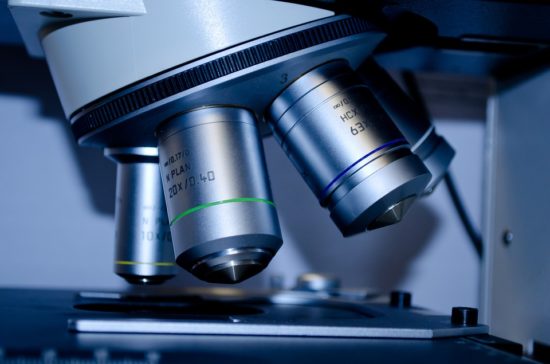Lack of innovation set to undermine antibiotic performance and health gains
Development of new antibacterial treatments is inadequate to address the mounting threat of antibiotic resistance, according to the annual pipeline report by the World Health Organization. The 2021 report describes the antibacterial clinical and preclinical pipeline as stagnant and far from meeting global needs. Since 2017 only 12 antibiotics have been approved, 10 of which belong to existing classes with established mechanisms of antimicrobial resistance (AMR).
“There is a major gap in the discovery of antibacterial treatments, and more so in the discovery of innovative treatments,” said Dr Hanan Balkhy, WHO Assistant Director-General on AMR. “This presents a serious challenge to overcoming the escalating pandemic of antimicrobial resistance and leaves every one of us increasingly vulnerable to bacterial infections including the simplest infections.”
According to WHO annual analyses, in 2021 there were only 27 new antibiotics in clinical development against priority pathogens, down from 31 products in 2017. In the preclinical stage – before clinical trials can start – the number of products has remained relatively constant over the last 3 years.
AMR NEWS
Your Biweekly Source for Global AMR Insights!
Stay informed with the essential newsletter that brings together all the latest One Health news on antimicrobial resistance. Delivered straight to your inbox every two weeks, AMR NEWS provides a curated selection of international insights, key publications, and the latest updates in the fight against AMR.
Don’t miss out on staying ahead in the global AMR movement—subscribe now!






